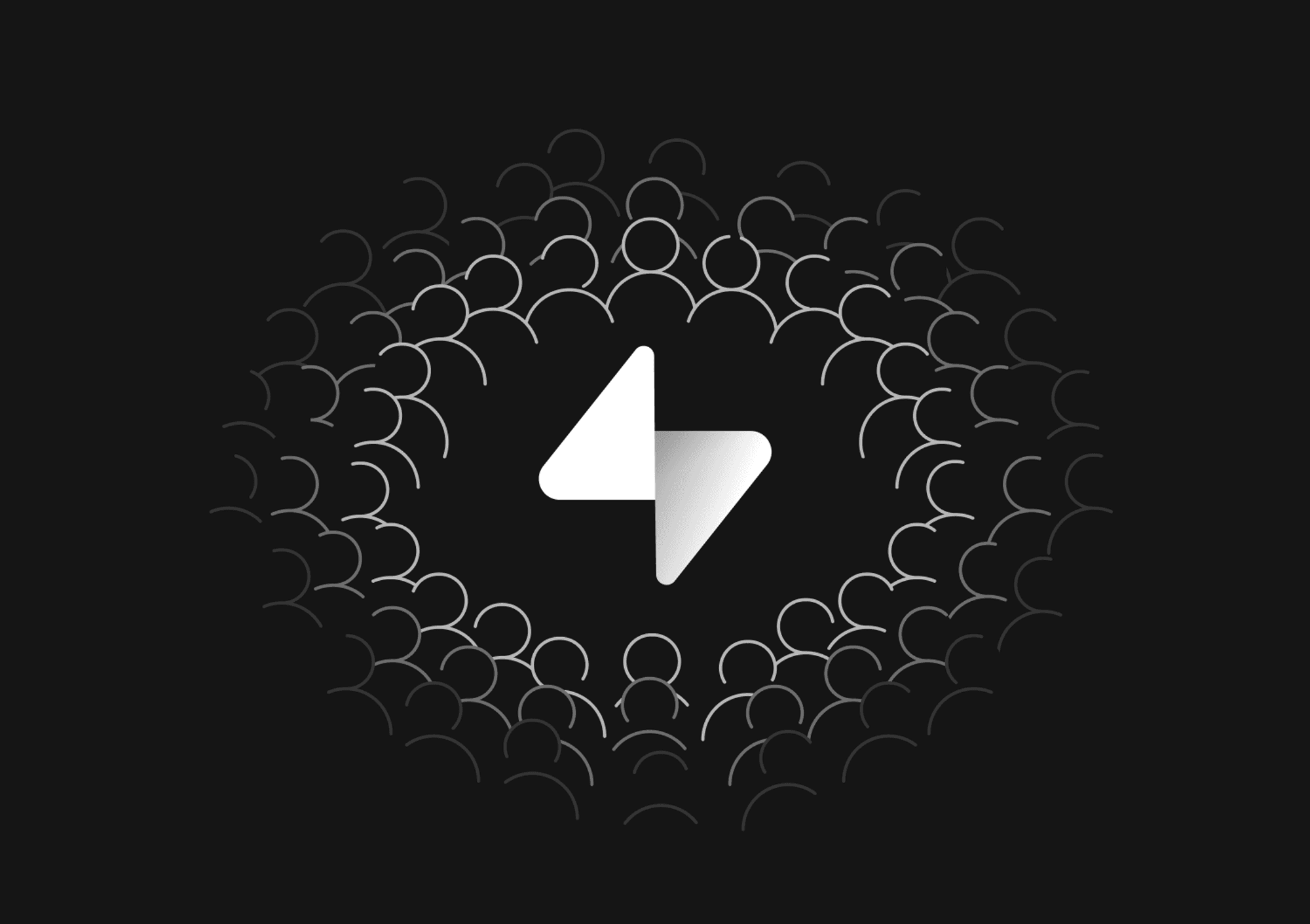
The future of internal tools
If you're working on a startup, chances are you've got a lot of internal tools that you've built or are in the process of building. And if you're like most startups, those tools are probably a hot mess.
That doesn’t mean that you’re doing anything wrong. After all, startups are by definition chaotic places. But it does mean that there's a lot of room for improvement when it comes to the way we build and use internal tools.
In the next few years, I expect we'll see some major changes in the way startups approach internal tooling. Here are a few trends I think we'll see:
More focus on collaboration and communication
Internal tools have traditionally been single-player experiences, focused on individual productivity. But as startups grow, they need to start paying more attention to collaboration and communication between team members.
This was the original unique value-prop for @Basedash. Traditional database tools are single-player and technical. Basedash is multi-player and non-technical. These multi-player features come in the form of real-time collaboration, shared views & queries, and a team-based activity log.
More use of artificial intelligence and machine learning
As artificial intelligence and machine learning become more sophisticated, we'll start to see more internal tools that make use of these technologies. For example, we might see tools that automatically build reports and dashboards before you know you need them, or tools that can perform complex ops workflows with minimal human input.
More integration with external data sources
Internal tools are often siloed off from the rest of the company's data, making it difficult to get a complete picture of what's going on. I expect we'll see more tools that integrate with external data sources, such as customer support platforms or financial data providers, to give startups better control over their businesses.
More focus on security and privacy
As startups increasingly store sensitive data in the cloud, security and privacy will become more important considerations in the design of internal tools. We'll see more tools that offer features like role-based access controls and user activity logs to help companies keep their data safe from prying eyes.
The trend toward more collaboration-focused, AI-powered, data-driven, and secure internal tools is already well underway. These are all areas that we’re focusing on at @Basedash, where we’re trying to build the future of internal tools. I expect we'll see even more progress in the years to come as startups increasingly recognize the importance of having well-designed and effective internal tooling.
What trends do you think we'll see in the future of internal tools for startups?
Invite only
We're building the next generation of data visualization.






